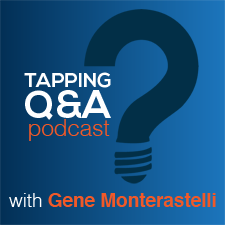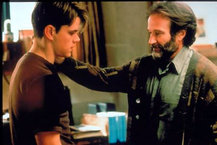Good Morning!
Every day I receive emails from all over the world asking me questions about tapping and how to best use to use it. As I talked about last week (last week's newsletter) I love getting these questions.
To help manage my time better I set aside a couple of hours every few days to answer all the emails at once.
After doing a few client calls on Saturday morning I was doing just that and something strange happened. I sent eleven emails with the exact same link in the email. I hadn't received the same question eleven times, but eleven different tapping questions led me to the same resource.
After you know the basics of tapping this is the most powerful tool I know!
The reason it is the answer to some many different questions is because it is all about relationships.
It can be used when tapping about people close to you, like your immediate family.
It can be used when tapping about people you barely know, like a loan officer or a person at the DMV.
It can be used when tapping about people you will never see again, like passed on relatives.
I really believe this is the most powerful tool in my tapping arsenal!
I recorded a short instructional audio a few years ago explaining the three simple steps to the process.
Learn it now! Listen here:
[powerpress] Subscribe to the podcast in iTunes
As always, let me know what I can do for you,

PS: If you are looking to expand your tool set with the best tapping tools I know make sure you check out the offer I made last Friday: https://tappingqanda.com/?p=9343
 The holidays can be a very stressful time. There are million things going on, we are tempted by tasty treats at every turn, and we are surrounded by people who sometimes push our buttons.
The holidays can be a very stressful time. There are million things going on, we are tempted by tasty treats at every turn, and we are surrounded by people who sometimes push our buttons.



 Good morning (and Happy Thanksgiving to my Canadian friends)!
Good morning (and Happy Thanksgiving to my Canadian friends)!



 Guest: Steve Wells
Guest: Steve Wells